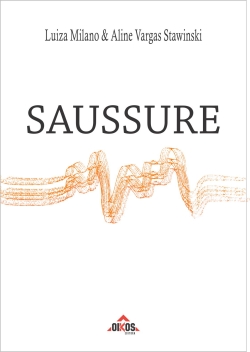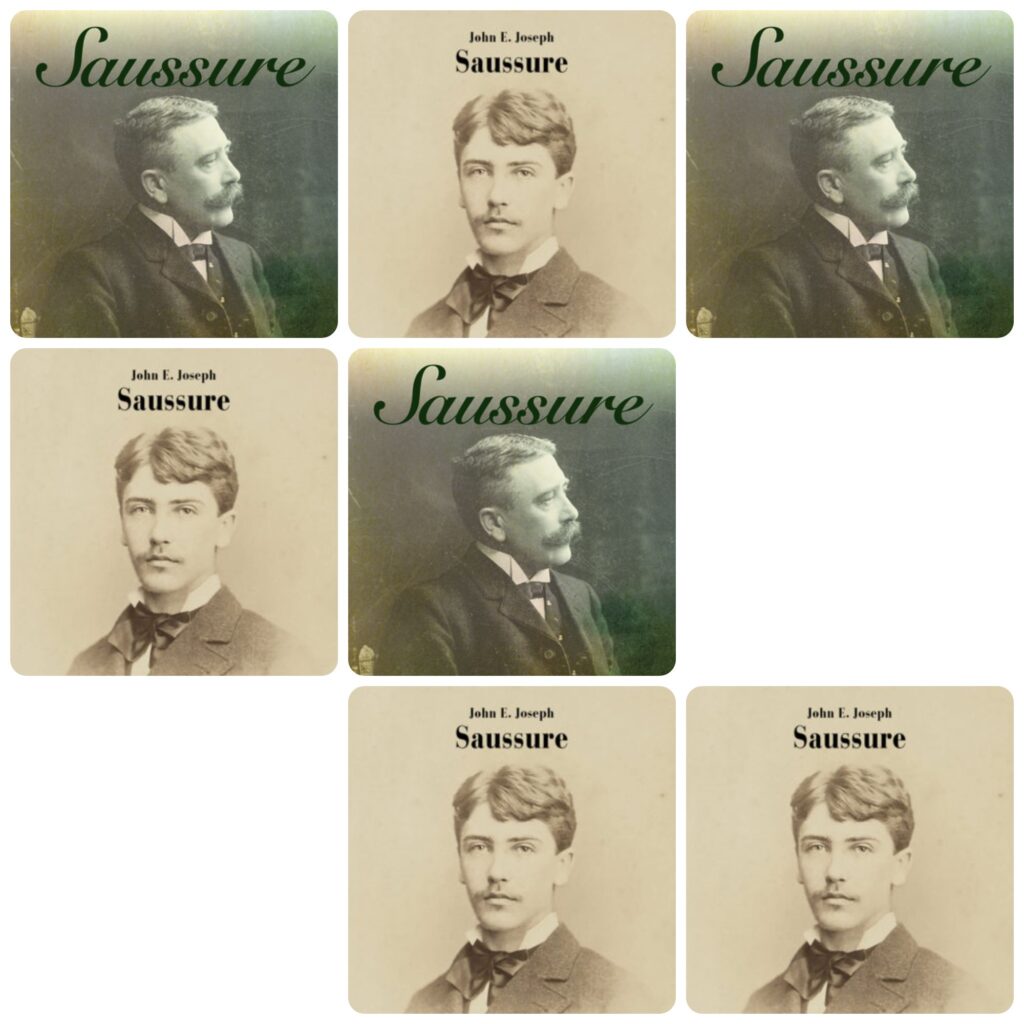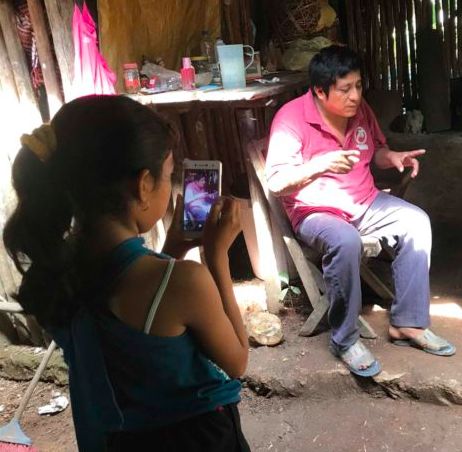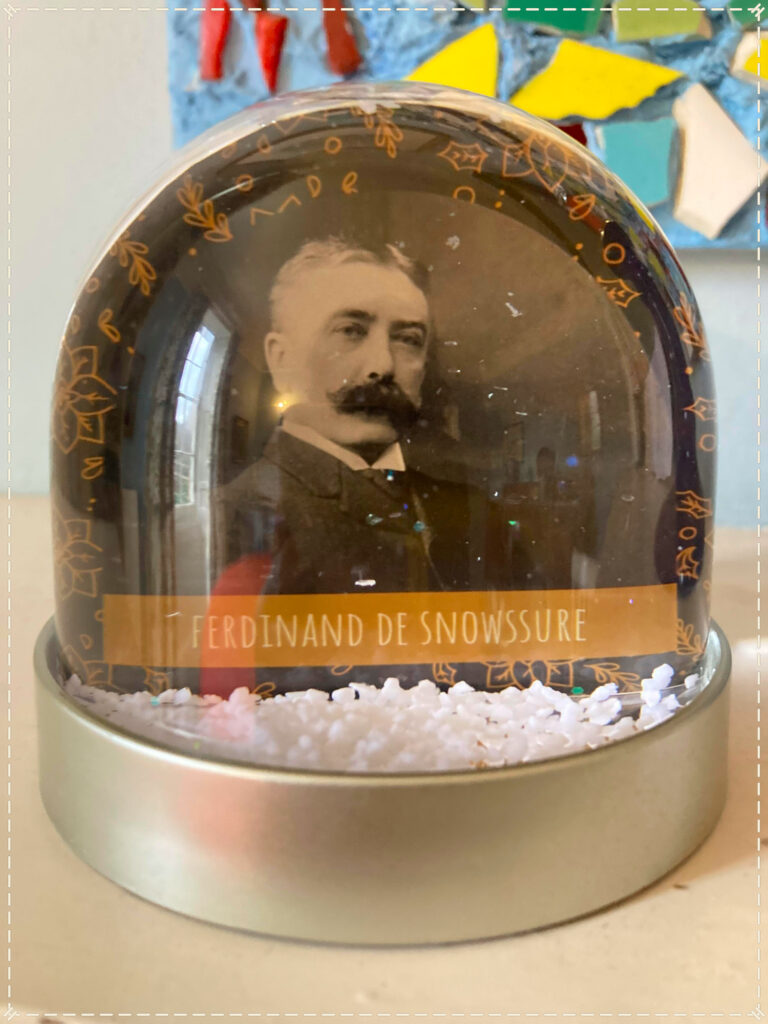Luiza Milano, Aline Vargas Stawinski, O rastro do som em Saussure. Prefácio por Carlos Alberto Faraco. São Leopoldo (RS), Editora Oikos, 2024, 129 p., ISBN 978-65-5974-185-4
Volume entièrement disponible sur le site de l’Éditeur.

Este livro é o resultado de um percurso de pesquisas, reflexões e publicações que brotaram no interior do grupo de pesquisa intitulado O rastrodo som em Saussure no ano de 2013, junto ao Programa de Pós-Graduação em Letras da Universidade Federal do Rio Grande do Sul.
Ao longo desses últimos dez anos, portanto, na tentativa de investigar o estatuto do aspecto fônico das línguas no pensamento de Ferdinand de Saussure, percebemos que essa tarefa não seria fácil. Afinal, apesar devárias pistas nos indicarem que o mestre genebrino de fato tenha dado destaque à face significante do signo linguístico em seus estudos, eram poucosos materiais a que tínhamos acesso, seja em português ou em língua estrangeira. […]
Para além do reconhecimento do interesse de Saussure pela materialidade fônica, o mergulho feito por nosso grupo de pesquisa nesses primeiros tempos trouxe também uma série de constatações não imaginadas em um primeiro momento de nossas investigações. Dentre essas constatações, listamos: a reflexão sobre o contraste entre concreto e abstrato, ao se lidar com entidades linguísticas; a profundidade da reflexão sobre o princípio do caráter arbitrário do signo linguístico; a discussão sobre a abrangência da noção de unidade linguística; as decisivas considerações sobre objeto e método no terreno da linguística sincrônica. Ou seja, conforme fomos, como grupo, avançando em nossas investigações, foram se apresentando a nós outras tantas questões no interior da própria teoria saussuriana, tal como deslocamentos a partir dela.
O aspecto fônico das línguas foi a porta de entrada que buscamos ao reler temáticas nada novas, quando se trata do campo dos estudos da linguagem. No entanto, o fônico produziu desvios e avanços inesperados. Emmeio a esses movimentos, vimos surgir inquietações acerca de outras materialidades que não a fônica. Assim, tudo que se disse sobre o som precisou, então, nas pesquisas sobre materialidades não fônicas, ser deslocado e pensado sobre a grafia, no caso da escrita e sobre o gesto, no caso de línguas de sinais.
Extrait de l’introduction, p. 9, 10.






